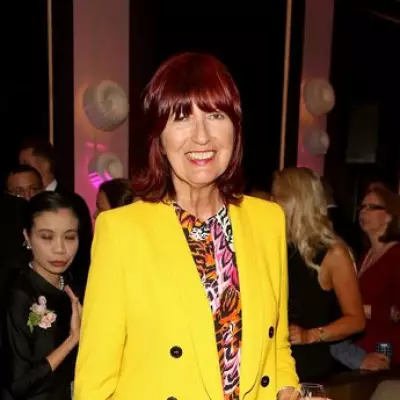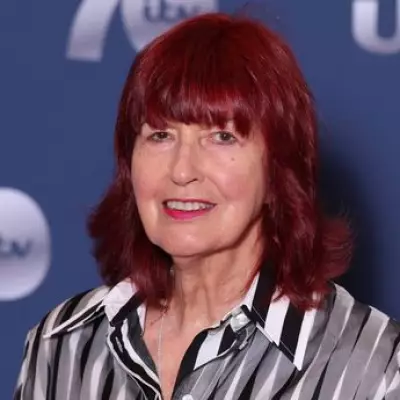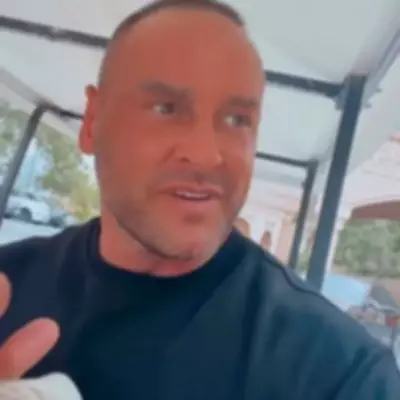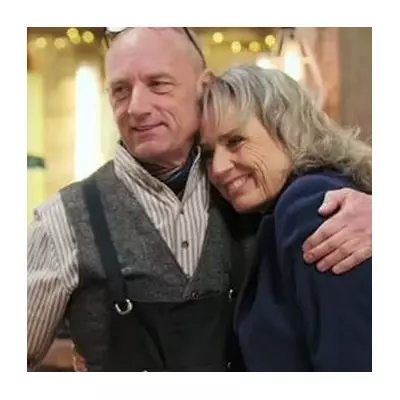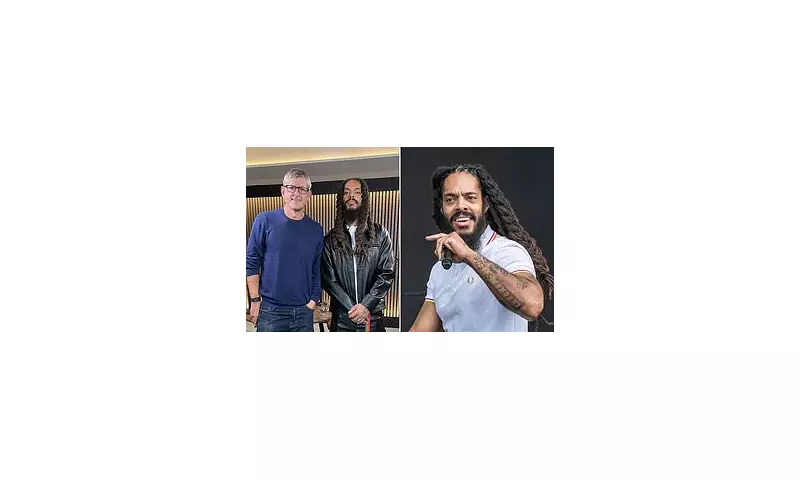
Renowned documentary filmmaker Louis Theroux has found himself at the centre of a brewing storm after publicly questioning the BBC's decision to feature punk-grime duo Bob Vylan on their prestigious music programme, Later... with Jools Holland.
The Social Media Spark
The controversy ignited when Theroux took to social media to express his bewilderment at Bob Vylan's inclusion on the BBC's flagship music show. The Oscar-winning documentarian's comments immediately drew both support and condemnation from followers and public figures alike.
Industry Heavyweights Weigh In
Former BBC Television executive Danny Cohen entered the fray with a robust defence of the broadcaster's programming choices. Cohen emphasised the BBC's commitment to artistic diversity and its role in platforming emerging British talent across all genres.
'The BBC should be a place where we discover new artists and hear different voices,' Cohen stated, highlighting the importance of maintaining the corporation's reputation for musical eclecticism.
Who Are Bob Vylan?
The south London duo, consisting of Bobby Vylan and Bobbie Vylan, have been making waves in the UK music scene with their unique fusion of grime, punk, and social commentary. Known for their politically charged lyrics and explosive live performances, they represent the cutting edge of Britain's diverse musical landscape.
The Broader Implications
This incident raises significant questions about:
- The role of public service broadcasting in showcasing diverse musical acts
- The boundaries of artistic expression on mainstream platforms
- How established figures should engage with emerging talent
- The ongoing debate around censorship and creative freedom
The exchange has highlighted the continuing tension between traditional expectations of BBC content and the broadcaster's mission to reflect Britain's evolving cultural scene.
Audience Reactions Divide
Public response has been sharply divided, with some supporting Theroux's right to question programming decisions, while others see his comments as an attempt to limit artistic diversity on one of Britain's most important cultural platforms.
As the discussion continues to unfold online, it underscores the challenges facing public broadcasters in balancing tradition with innovation, and the ever-present debate about who gets to decide what constitutes 'appropriate' content for national audiences.


